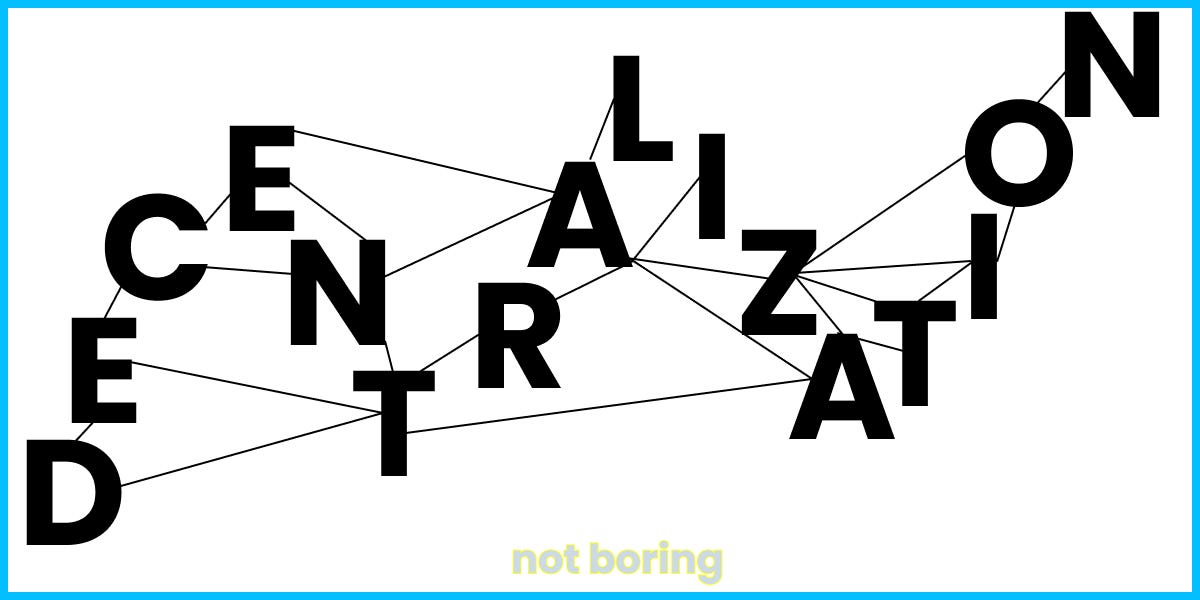aron
@aronshelton
aron
@aronshelton
Good protocols, in short, manage to catalyze good enough outcomes with respect to a variety of contending criteria, via surprisingly limited and compact interventions.
Yuk Hui, a contemporary philosopher from Hong Kong, writes on the potential for digital networks to develop new kinds of urban solidarities. He writes , “for such concrete solidarity to emerge, we need a techno-diversity which develops alternative technologies such as new social networks, collaborative tools, and infrastructures of digital
... See more
I always try to find the first-order terms or the second-order terms of everything. When I’m observing a system or a thing, I have a tangle of a web of ideas or knowledge in my mind. I’m trying to find, what is the thing that matters? What is the first-order component? How can I simplify it? How can I have a simplest thing that shows that thing,
... See moreRule-based worldbuilding can feel similar to a values discovery exercise, in that both involve digging beneath the surface to identify the underlying causes, motivations, and structures to how you work. But worldbuilding and values-setting are fundamentally different processes. Values setting is a search for the ephemeral beliefs that will hold you
... See more